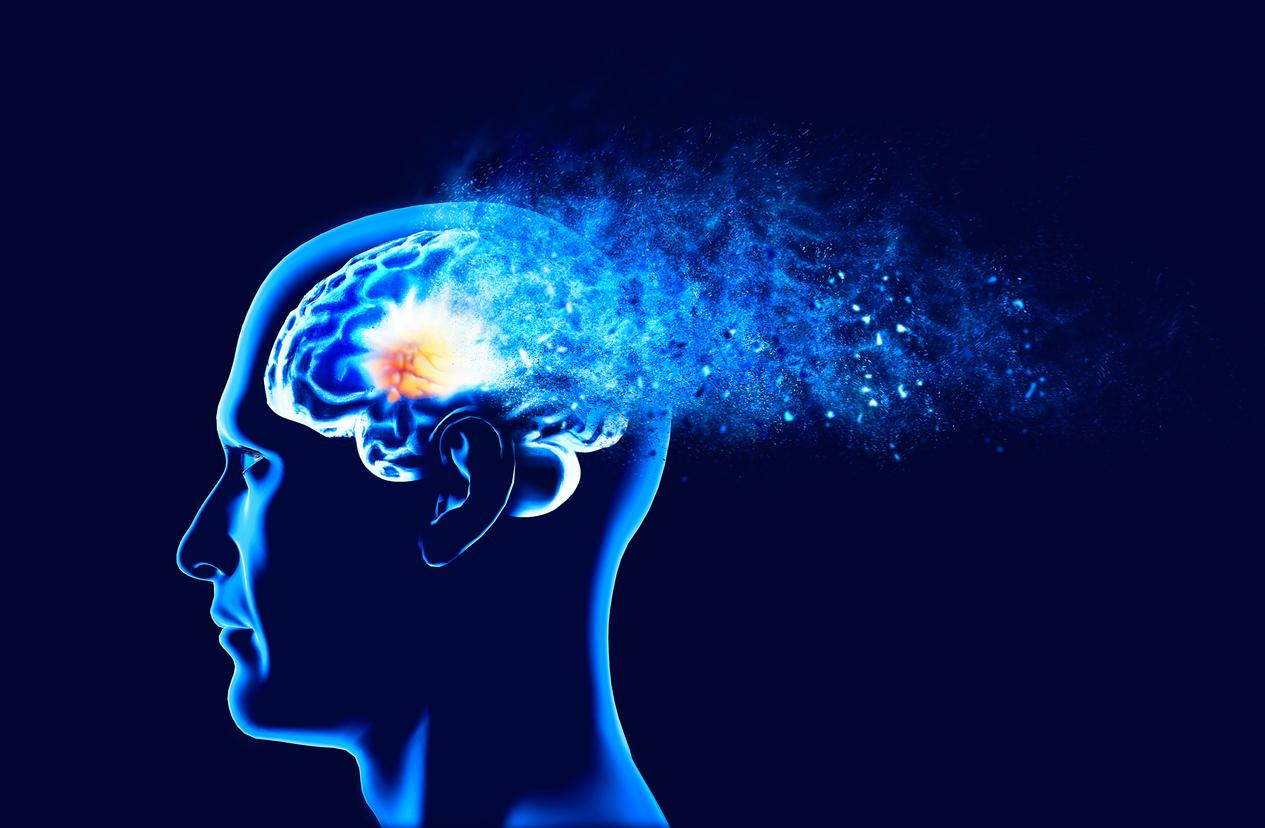A study, conducted by UCLA Health, highlights the benefits of kundalini yoga on the cognitive abilities, memory and brain health of women at risk of Alzheimer’s disease.

- Kundalini yoga focuses more on meditation and breath work than physical poses.
- This type of gentle yoga reduces inflammation and improves subjective memory performance as well as neuroplasticity in women at risk of Alzheimer’s disease.
- For researchers, it would be beneficial for patients at risk to combine the practice of kundalini yoga with memory exercises.
Women are about twice as likely to develop Alzheimer’s disease as men, due to a variety of factors such as longer life expectancy, fluctuations in estrogen levels at menopause, and genetic predispositions. . But doing yoga could help them reduce this risk, according to researchers at UCLA Health (USA).
The results of their work were published in the journal Translational PsychiatryFebruary 14, 2024.
Kundalini yoga reduces memory problems
The study by UCLA Health included 79 women at least 50 years old with memory problems and cerebrovascular risk factors. They were divided into two groups. The first participated in weekly sessions of kundalini yoga – a type of yoga that focuses more on meditation and breath work than postures – for 12 weeks. The second underwent weekly memory improvement training during the same period.
The team assessed the volunteers’ cognitive functions, subjective memory, depression and anxiety levels at the beginning and end of the experiment. Blood samples were also collected to test gene expression of markers of aging and molecules associated with inflammation, which contribute to Alzheimer’s disease. Some patients also had an MRI to assess changes in brain matter.
Results showed that the kundalini yoga group experienced multiple improvements, including a reduction in subjective memory impairment, preservation of brain matter, increased hippocampal activity, and improvement in anti-inflammatory markers. and anti-aging.

Alzheimer’s: combining yoga and memory training to fight the disease
Based on the results, the researchers believe that kundalini yoga appears to be a promising practice for offering cognitive benefits to women at risk of Alzheimer’s disease. They also specify that the participants in the group who had the memorization exercises for 12 weeks, for their part, recorded an improvement in their long-term memory.
“Ideally, people should do both (yoga and memory exercises) because they train different parts of the brain and have different effects on overall health,” concludes Dr. Helen Lavretsky, a psychiatrist at UCLA Health who led the study. She adds in the communicated : “Yoga has an anti-inflammatory, anti-stress and anti-aging neuroplastic brain effect that would be complementary to memory training.”
















